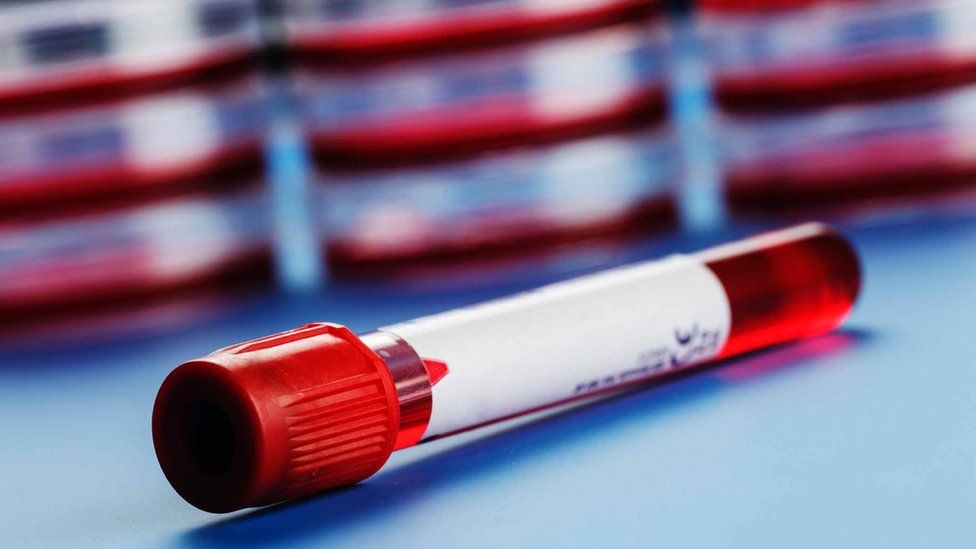Coronavirus: Immune clue sparks treatment hope
By Victoria Gill & Rachael Buchanan BBC News
- 22 May 2020
Share this with Email Share this with Facebook Share this with Twitter
UK scientists are to begin testing a treatment that it is hoped could counter the effects of Covid-19 in the most seriously ill patients.
It has been found those with the most severe form of the disease have extremely low numbers of an immune cell called a T-cell.
BerGenBio First Quarter Report 2018:
Single agent therapy with bemcentinib led to
increased immune activity characterised by
diversification of patients’ T-cell receptor repertoire
in relapsed / refractory leukaemia (AML & MDS)
patients – data presented at ASCO-SITC 2018
Encouraging translational analyses of the study of
bemcentinib monotherapy, reported at the ASCO-SITC
congress in January 2018, showed a clear immunomodulatory
effect as a result of selective AXL inhibition with bemcentinib;
this was evidenced in six of nine patients analysed by
increased immune activity characterised by diversification of
patients’ T-cell receptor repertoire in peripheral blood and/or
bone marrow
Checkpoint inhibitors The immune system depends on multiple checkpoint to avoid overactivation of the
immune system on healthy cells. Tumour cells often take advantage of these checkpoints
to escape detection by the immune system. Checkpoint inhibitors, inhibit these
checkpoints by “releasing the brakes” on the immune system to enhance an anti-tumour
T-cell response.




